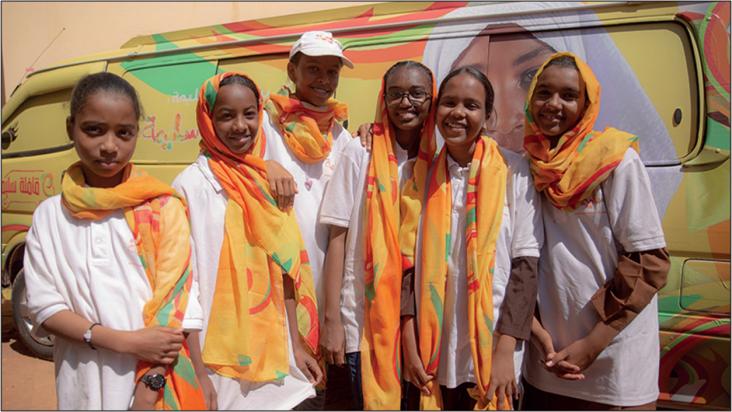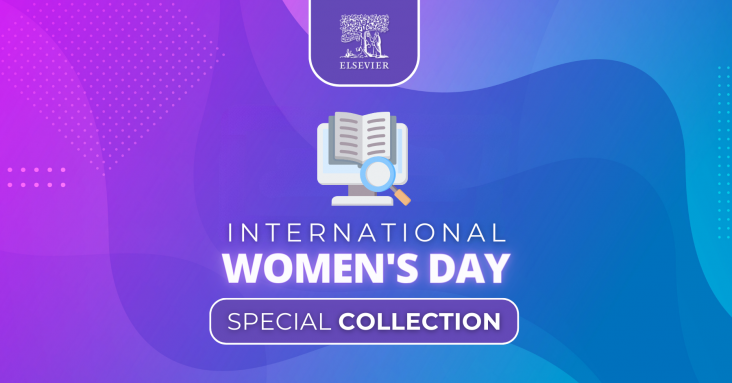Achieve gender equality and empower all women and girls

This year’s RELX SDG Inspiration Day will bring together global AI leaders, corporate representatives, investors, government, and NGOs to explore issues, gain practical insights and be inspired to take action in support of the Global Goals. Elsevier is proud to share this special collection of articles and chapters in celebration of this event.
Supports SDG 3 in describing problems associated with delayed pregnancies and a lack of access to care.
The study forecasts AI-based innovation's impact on SDGs in 22 countries from 2022 to 2030 using System Dynamics Modeling. In most of the 22 countries studied, AI-based innovation positively affects SDGs 1, 3, and 5. For half of the countries studied, AI-based innovation positively influences SDGs 2, 4, 6–8, 11, 13, and 16–17. AI-based innovation does not positively influence SDGs 10, 12, 14–15 for most countries studied.
This primary research Article looks at the effects of being able to access community perinatal mental health teams compared with living in regions where those teams were not available. The study found that, among women with a pre-existing mental disorder, the availability of community perinatal mental health teams reduced the post-natal risk of acute relapse and increased the use of secondary mental health care.

Adolescent girls are not receiving the support they need to thrive and are continuously disadvantaged by inattention and broad inequalities that limit their tremendous potential. Their potential is enormous—as is their belief in a better future.
Access to care and contraception are both rights supported by SDG 3.
This study supports SDGs 3 and 5 with the right to abortion and access to care.

To mark International Women's Day 2024, Elsevier have curated and made freely available a special collection of journal articles and book chapters to advance knowledge and understanding relating to SDG 5: Gender Equality. The special collection features research relating to inclusion and the empowerment of women and girls across a broad range of disciplines and contexts including health, climate change, natural disasters, biodiversity, smart cities, sustainable development and leadership.
This paper is about empowering women during the menopause and argues that an over-simplified narrative of menopause as a health problem to be solved by replacing hormones is not based on evidence and deflects attention from the need for substantial societal shifts in how menopause, and midlife/older women in general, are viewed and treated around the world.
This paper is about premature menopause (before the age of 40) and early menopause (40-44) and highlights the specific research and care needed by women experiencing premature or early menopause.
